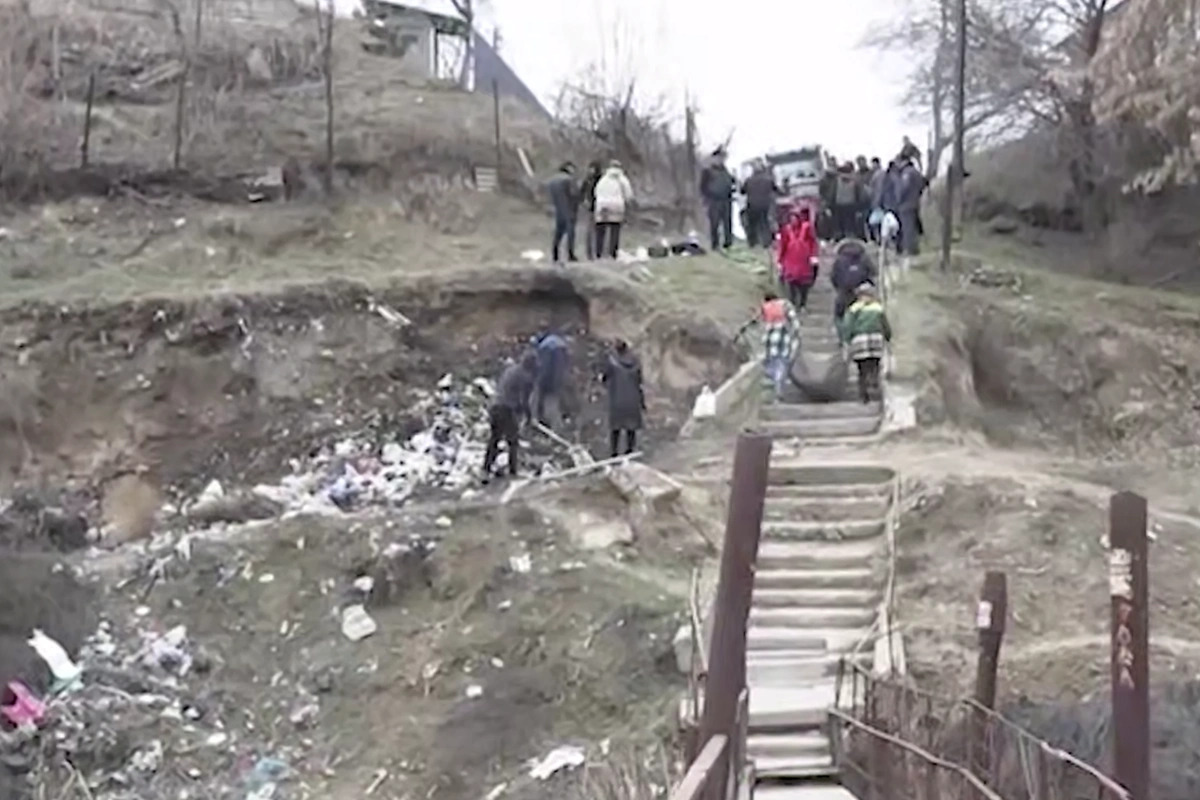The initiative of a new economic corridor among Shymkent-Tashkent-Khujand and the surrounding oblasts can expand the regional dynamism and promote economic integration in the region, according to the inception workshop organized by the Central Asia Regional Economic Cooperation Program (CAREC), for which the Asian Development Bank (ADB) serves as the secretariat.
The Shymkent-Tashkent-Khujand cities and surrounding Turkestan-Tashkent-Sughd oblasts to be explored as a potential economic corridor under CAREC. The three cities and surrounding oblasts are within easy access of each other and host a relatively large population: roughly 15% of the total population of Central Asia are within the Turkestan-Tashkent-Sughd oblasts. They are also strategically connected to international markets. Shymkent is located in the international crossroads of Europe-East Asia and Russian Federation-Middle East, and South Asia, and Tashkent and Khujand are tourist centers. The three cities and surrounding oblasts enjoy a level of economic complementarity, particularly in agriculture and food. They also enjoy easy cross-border labor mobility facilitated by the close historical, cultural, ethnic and linguistic ties among the three countries.
Latest developments also add further momentum for economic corridor development. First, in 2018, Shymkent became a city of republican significance along with Nur-Sultan and Almaty and the Turkestan oblast was newly created. These new developments, together with existing industries and government strategies are expected to open new prospects of further development in the South Kazakhstan region. Second, Uzbekistan government has been putting tremendous efforts to improve doing business environment through further opening-up and reforms. Tourism has been identified as one of the priorities in the country’s development strategy. Third, the three governments have demonstrated strong political will at various levels to make joint efforts in enhancing regional economic cooperation.
Regional economic corridor development is gaining ground in the CAREC region. Economic recovery and positive dynamism of Uzbekistan and the strengthening ties among neighboring countries particularly with Kazakhstan and Tajikistan add further momentum to the development of regional economic corridors.
CAREC 2030—the new long-term CAREC strategy adopted in October 2017 in Dushanbe gives great importance to economic corridor development. Uzbekistan government’s development strategies in the next few years highlight the role of regional cooperation and trade links including promoting tourism, upgrading transport infrastructure for improved transit trade, and promoting the export of horticulture products, which are closely aligned with CAREC 2030 strategy. Uzbekistan, through cross-border economic corridor development, can further improve infrastructure connectivity, economic connectivity and people connectivity with other countries in Central Asia, Russia, People’s Republic of China and beyond to further integrate into the regional and global value chains.
ADB’s new technical assistance project will assess economic corridor development potential among Kazakhstan, Uzbekistan and Tajikistan, with focus on major cities of Shymkent, Tashkent, and Khujand and surrounding oblasts of Turkestan, Tashkent and Sughd. The project is for three years and designed in response to the request from CAREC member countries to explore new potential economic corridor development to create business development opportunities, employment and livelihood enhancement.














